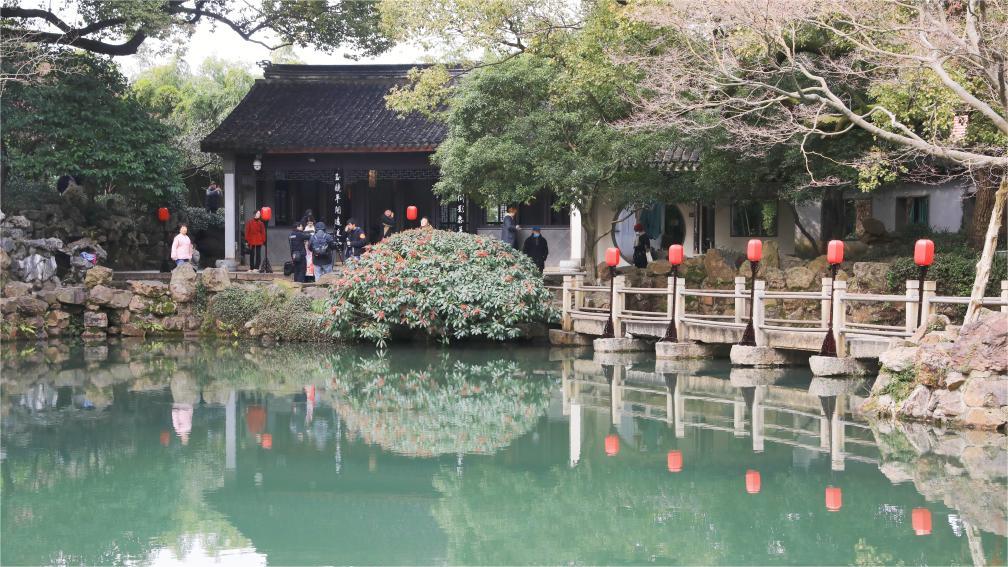Commentary: U.S. obsession with hegemony runs counter to global trend
BEIJING, March 6 (Xinhua) -- A recent shift in the tone of some senior U.S. diplomats speaks volumes: Washington has become noticeably blunt about its intention to rule the world supreme.
"They (China) want to overtake the United States as the dominant country globally, and we don't want that to happen ... We don't want to live in a world where the Chinese are the dominant country," U.S. Ambassador to China Nicholas Burns said in a recent interview with U.S. media CBS, clearly revealing Washington's obsession with global domination.
Burns' remarks are reminiscent of U.S. Secretary of State Antony Blinken's law-of-the-jungle statement at this year's Munich Security Conference: "If you're not at the table in the international system, you're going to be on the menu."
Since the end of the Cold War, the United States has been the world's only superpower. But it used to dress up its hegemonic actions with rhetoric of human rights and freedom. Now it seems that Washington is too impatient to keep on whitewashing.
There is good reason for that. Washington has an ever-increasing sense of anxiety. Misconception of China's rise has contributed greatly to Washington's worries over losing its global predominance.
China's aspiration for development is unmistakable. Yet its goal is neither to overtake the United States as a global hegemon nor to subvert the current world order. Beijing has been consistent regarding that in its words and deeds.
However, American decision-makers still stick to a Cold War mentality and treat world affairs today as a zero-sum game, and view a rising China as a strategic and ideological adversary.
To act tough on China, Washington has gone to great lengths. The Biden administration has largely kept in place the Trump White House's punitive tariffs on imports from China despite the fact that it is ordinary American consumers who have borne the brunt of rising bills. What's more, in the name of national security, the United States is trying to quash China's technological development by curbing high-tech exports to China, and force its allies to follow suit.
And most recently, the White House called Chinese electric vehicles (EVs) a national security threat and has instructed the U.S. Commerce Department to launch an investigation, although Chinese EVs are still struggling to have any meaningful market share in the United States because of high tariff barriers.
China, of course, is not the only source of America's anxiety. The ever-louder call for strategic autonomy by America's allies in Europe and the collective rise of the Global South are also adding to Washington's restlessness.
As the United States gets more agitated, it has become more prone to imposing its own will on others, and abusing its superpower status for selfish gains, which is clearly detrimental to global peace and stability. For example, it is pushing more countries, those in the Asia-Pacific in particular, to pick sides between Washington and Beijing.
Fortunately, more countries are standing up to U.S. coercion and manipulation. Malaysian Prime Minister Anwar Ibrahim said Monday that the United States should not preclude Malaysia from being friendly to China. Previously, Singaporean Prime Minister Lee Hsien Loong also rejected Washington's push for side-picking.
Washington's policymakers should adapt to a more fact-based view of today's world, where issues that matter to all should be addressed through consultation, rather than dictated by those with the strongest muscles.
In this regard, the United States should get rid of its Cold War mindset and work together with other countries to uphold true multilateralism and international law. Just as U.S. political scientist Joseph Nye argued, the United States should "power with" rather than "power over" other countries.
Photos
Related Stories
Copyright © 2024 People's Daily Online. All Rights Reserved.









